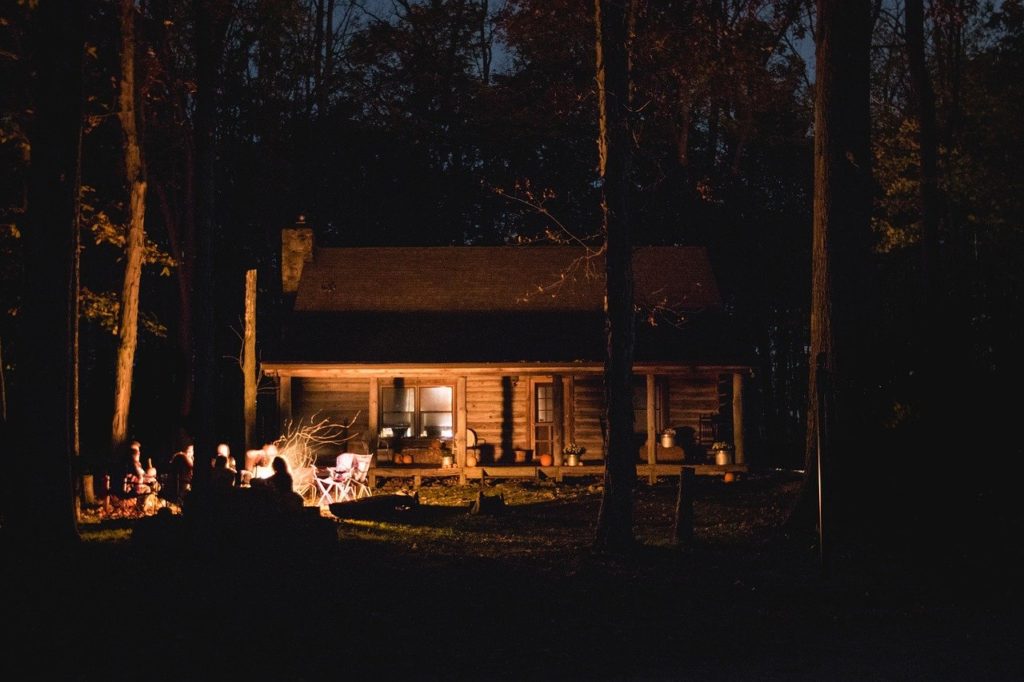Estate Planning for Cabins
Ah, Minnesota Cabin life. Your family cabin is a place to relax, fish, and restore your mental health. But as you sit there watching your bobber unmoving in the still morning waters of a Minnesota lake, the thought sinks in: Where is the cabin going when I die? Who is going to take care of it? And did I remember to put a worm on my hook? It looks like your relaxing has been interrupted by adult responsibilities! So, what can you do about it?
There are many tools for managing the family cabin in Minnesota. From forming an LLC, transferring the property outright, or simply doing nothing. While doing nothing sounds excellent, it may not be ideal. Especially if you don’t want your family fighting over who will fix that broken window and dilapidated deck.
What is a Cabin Trust?
One tool, increasing in popularity, is the cabin trust. A cabin trust will (hopefully) prevent conflict among your beneficiaries and preserve the status quo after your death.
With a Cabin Trust, funds are placed into a trust along with the cabin. The trustee, usually an interested family member, manages all aspects of the cabin and the trust. The trust addresses many issues faced by shared owners or recreational property: schedules, expenses, maintenance efforts, transfer restrictions, planned successions, and rental of the property. All those responsibilities can be delineated within the text of the trust.
Is a Cabin Trust Right for Me?
Typically, the older generation uses a cabin trust when they have several children who are beneficiaries of their estate. By having a cabin trust, the children can “take ownership” and responsibility for the property during the parent’s lifetime. The trust creates an outline to address the issues mentioned previously. Because the trust is revocable, it allows the parents to oversee the management of the cabin to see how things operate. The trust can also alleviate the financial burden to the children as trust funds can be used for upkeep, taxes, and unexpected expenses. That way, the children who may be high-earners cannot expect those who make less to contribute significant amounts for maintenance. Additionally, it protects the property from creditors, provides personal liability protection, allows for flexible decision making, and avoids the legal formalities of managing the property as a business entity.
When is a cabin trust a bad idea?
Decisions like this are ripe for family discussion, so you should talk to your family before moving forward. There may be children that have absolutely no interest in contributing their money, efforts, or time to the family cabin. Also, the trust is changed while you’re alive, but it cannot after your death. To read about revocable and irrevocable trusts, click here.
A cabin trust can be a bad idea in the following situations: When parents do not have enough assets to pay for their long-term care. In this case, it might be best to sell the property and use it to pay for long-term care and medical expenses. Also, when three are relationship dynamics, that would make shared ownership and management of the property impossible. Here, it would likely be best to sell the property and divide it evenly amount the beneficiaries. It may also be a bad idea if the property is outside of Minnesota.
Wrapping it up: Cabin Trusts
Cabin Trusts are dynamic tools that can be successfully used to manage, fund, and protect your family cabin. While there are other ways to manage and run the cabin, the cabin trust offers a simple and effective way to accomplish your estate planning goals. It may not be right in all situations, but it may be just right for you.
If you would like to learn more about Cabin Trusts in Minnesota, please give us a call at (612) 208-7780 or visit the contact page to get in touch with an Estate Planning Attorney.
Remember, this blog is not legal or other professional advice and does not necessarily represent the opinion of Nobleheart Legal. Viewing this site, using information from it, or communicating with Nobleheart Legal through this site by Internet email does not create an attorney-client relationship between you and Nobleheart Legal PLLC.

